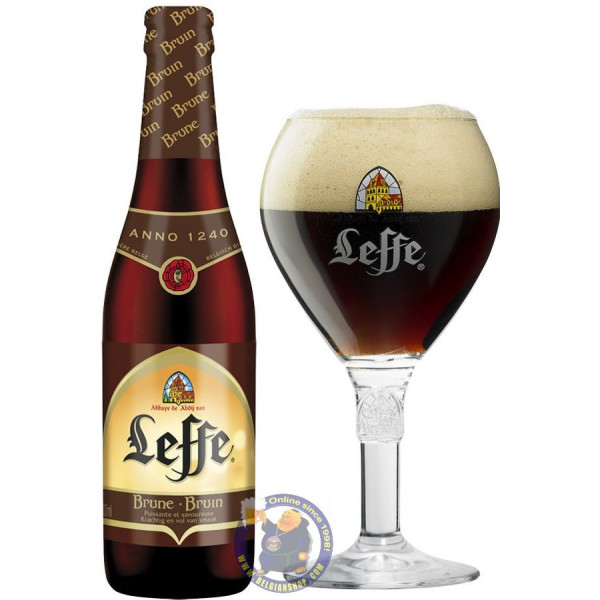Champagne, Prosecco, Cava – they’ve become part of the cultural shorthand for celebration. But sometimes life intervenes, plans change, and the shops are simply out of reach.
This New Year’s Eve, with flu firmly keeping us housebound, the traditional sparkling wine run just wasn’t happening. And honestly? That turned out to be no bad thing at all.
Instead, we’re welcoming the New Year with a couple of bottles of Leffe – and it feels like a celebration perfectly suited to the moment.
Letting Go of the Sparkle Myth
There’s nothing magical about bubbles themselves. What matters is the act of pausing, reflecting, and marking the passing of one year into the next. Sparkling wine has simply become the default, not the rule.
When you’re under the weather, overly acidic or highly carbonated drinks can be less appealing anyway. Beer – particularly a well-made Belgian abbey-style beer – offers warmth, depth, and comfort rather than sharpness and fizz.
Why Leffe Works So Well for New Year’s Eve
Leffe is not a “quick pint” beer. It’s a beer that asks to be sipped and appreciated, which makes it ideal for a quieter, more reflective New Year.
Rich, rounded flavours – gentle sweetness, soft spice, and malt warmth
Lower carbonation than sparkling wine, making it easier to drink when you’re not feeling at your best
A sense of occasion – it’s still a bottled, poured, glass-worthy drink
Comforting rather than bracing, perfect for a night in
Whether it’s Leffe Blonde with its honeyed smoothness or Leffe Brune with its deeper, caramel notes, it feels intentional rather than second-best.
Celebrating at Home, on Your Own Terms
There’s something quietly reassuring about seeing the New Year in from the sofa, wrapped in blankets, listening to the distant sound of fireworks through the window. No crowds, no pressure, no forced cheerfulness – just the shared acknowledgement that you made it through another year.
Raising a glass of beer rather than sparkling wine doesn’t diminish the moment. If anything, it makes it more honest. It reflects where you are, how you’re feeling, and what you actually want rather than what tradition says you should want.
A Gentle Toast to the Year Ahead
So tonight, our toast isn’t loud or extravagant. It’s a simple clink of beer glasses, a shared smile, and a quiet hope that the coming year brings better health, calmer days, and more small moments worth savouring.
If you’re also spending New Year’s Eve unwell, snowed in, or simply choosing comfort over convention, consider this your permission slip: the New Year doesn’t care what’s in your glass.
Sometimes, a good beer is exactly the right way to begin again.






.jpg)
%20(1).jpg)
.jpg)




.jpg)
.jpg)
.jpg)
.png)

.jpg)
.webp)
